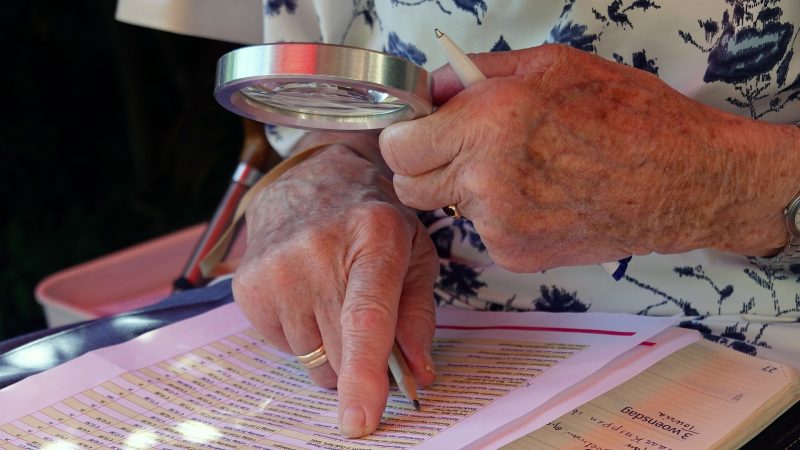
Memory Care Services: A Simple Definition
Memory care can be described as simple. Memory care is about providing specialized services and care to seniors who have dementia, such as Alzheimer’s, in order to help them.
Memory care professionals have been specially trained to support people with cognitive declines, such as those who experience frustration, anxiety, aggression, or communication problems.
Change in behavior
In a very short time, dementia patients may begin acting out in unusual ways. They might become anxious about driving and decline invitations to social events.
People who take great care of their appearance might suddenly forget to clean up after themselves or have difficulty doing basic tasks like washing their hair and styling it. These people may feel embarrassed asking for help. These new challenges can cause dementia patients to become anxious or agitated.
Confusion and disorientation that could compromise your physical safety
Dementia can cause confusion and disorientation, which could lead to car accidents. For example, someone with dementia may mistake a red light for a green and run through it.
Wandering is a common sign of dementia. Some people with dementia might walk off their homes and not return. Dementia patients may lose track and find themselves in unfamiliar places.
If your loved one puts their safety at risk, you should consider memory care.
Deterioration of physical health
People with Alzheimer’s or dementia often first notice physical changes. A person who is becoming thin or frail may forget to buy groceries or take their prescribed medication. Some Alzheimer’s patients might not be taking their prescribed medications. Some people forget to take their medication, while others take more than they should.
Death or deterioration in caretaker
Many people with dementia receive care from their relatives. This could include a spouse or significant other. If the caregiver is unable to provide the care your loved one requires, it may be time to look into a memory care community.
Incontinence
When incontinence becomes a major problem, memory care is often sought out by caregivers. This new condition may seem like too much or more than they had signed up for. This can affect both the family and the medical provider they have hired.
Memory Care: The Benefits
Memory care communities provide specialized care and environments that are tailored to the needs of dementia patients. These are just a few benefits.
Caregivers with special knowledge:
Unlike traditional assisted living facilities, memory care communities require that their caregivers undergo additional training. Those caregivers will be better equipped to address the needs of those with memory loss.
Planning collaboratively:
The care plans for residents are created by the families of the residents and staff from memory care communities (usually a nurse, doctor). Families of senior citizens with Alzheimer’s or dementia will find it helpful to have professional help with their care planning. As their needs change quickly, so can the professionals.
Programming for specialized activities
Memory care facilities provide entertainment and activities to stimulate residents with memory impairments. You may also find music groups, puzzles, and reminiscence therapy.
Safety improvements
Memory care communities have enhanced safety features like community-wide emergency alarm systems and 24-hour security to ensure seniors with mobility problems or wandering are safe.
Support for behavioral health
Patients with dementia may experience mood disorders, aggression, and mood swings. Memory care communities may offer to counsel to residents. Staff members have extensive experience working with those with mood disorders, which are common in dementia patients.
What to look for in a Memory Care Community
You’ll need to look at a number of factors and options when researching local memory care communities.
While there are many online ways to find out about a community and business, scheduling a tour in person or via video is also important.
When you visit any facility or program, it is important to ask the following questions:
735 Ridge Rd
Canton, GA, 30114
Main Phone: 470-469-7136
Email: info@ridgemanorpch.com
Company hours:
Monday- Friday 9:00 a.m-5:00p.m
Ridge Manor
735 Ridge Rd
Canton, GA, 30114
Main Phone: 470-469-7136
Fax: 678-792-5330
Email: info@ridgemanorpch.com
Company hours:
Monday- Friday 9:00 a.m-5:00p.m
© 2022 Ridge Manor Residential Memory Care. All Rights Reserved.